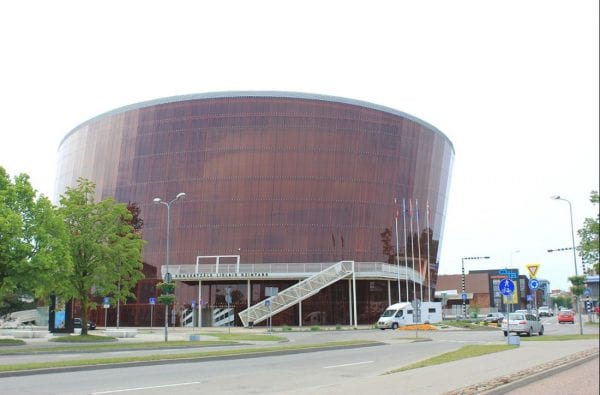Newbury Branch meeting 11th November 2020, conducted on Zoom
Speaker: Dr Hugh Pihlens
Dr Hugh Pihlens, Hungerford’s GP from 1973 until his retirement in 2006, knew little about his paternal grandparents other than that they came from Latvia to England in the early years of the twentieth century. Their son (his father) ran a garage in Cheltenham, where Hugh Pihlens was born.
In 1989 Dr Pihlens’ father was contacted out of the blue by a Latvian cousin, who wrote from Latvia (then still Russian controlled) to his grandparents’ former address in Taunton, where the occupant was (luckily) an archivist who traced the family and forwarded the card. There had been no contact between the families since 1938. Correspondence started (subject to Soviet censorship), but halted when the cousin died in 1992, followed by Dr Pihlens’ father in 1997.
On his retirement in 2006 Dr Pihlens rekindled his interest. He had only spoken memories from his father, a box of papers and a box of Latvian folk song recordings. It was believed that one of the family had been a folk singer.
Ten years of research followed, including two years of negotiations with the Latvian State Archives, and the use of translators. He learned that his paternal grandfather, Jakabs/James, had been raised in the family farm at Barta, near Liepājā, a Baltic port developed by the Russians as an alternative to Riga, which was icebound in winter. The early twentieth century was a time of emerging Latvian nationalism, a movement in which James was active. He had escaped military call-up due to a heart condition, but soon became wanted by the Okhrana, the Latvian secret police. During violent unrest in 1905 James made his escape by laying a decoy trail for the police, and stowed away on a German ship leaving Liepājā. From Hamburg he travelled quite fortuitously to Newcastle-upon-Tyne, thence to London, where he worked for a period in a furniture factory in West India Dock Road, now the site of Canary Wharf. Hating this, he nearly returned to Latvia, but a chance visit to Exeter led, through a sympathetic German-speaking clergyman, to employment using his engineering skills in car maintenance for a wealthy family.
Through this work he met Carrie, working as housekeeper at Alton Towers, then a big house owned by the same family. They married in Bath in 1910, and settled in Bishop’s Lydeard to raise a family. After the Great War (James was again turned down by the army on medical grounds) he raised enough to buy a prefab bungalow and small garage business on the village outskirts. This soon expanded to include a café, tobacconist and sweetshop, and B&B, as well as a main dealership for Austin cars.
In 1921 Latvia became an independent republic, in which James’ former political associates rose to power. James made several trips back, and was encouraged to stay, with promises of government office. Sadly, this coincided with the death of their daughter Lydia from bone cancer, and Carrie had no wish to leave England. Contact with the family in Latvia ceased in 1938, and did not resume until the 1989 postcard.
In 2013 Dr Pihlens, with his wife Lois and sister Diana, travelled to Latvia and were made welcome by several branches of the family. They learned that his great-grandfather Pēteris had been the folk singer. Another Pihlens had designed the concert hall in Liepājā. They visited the original family farm at Barta, and found the well-head and foundations of the original wooden farmhouse which his grandfather had left in 1905.

